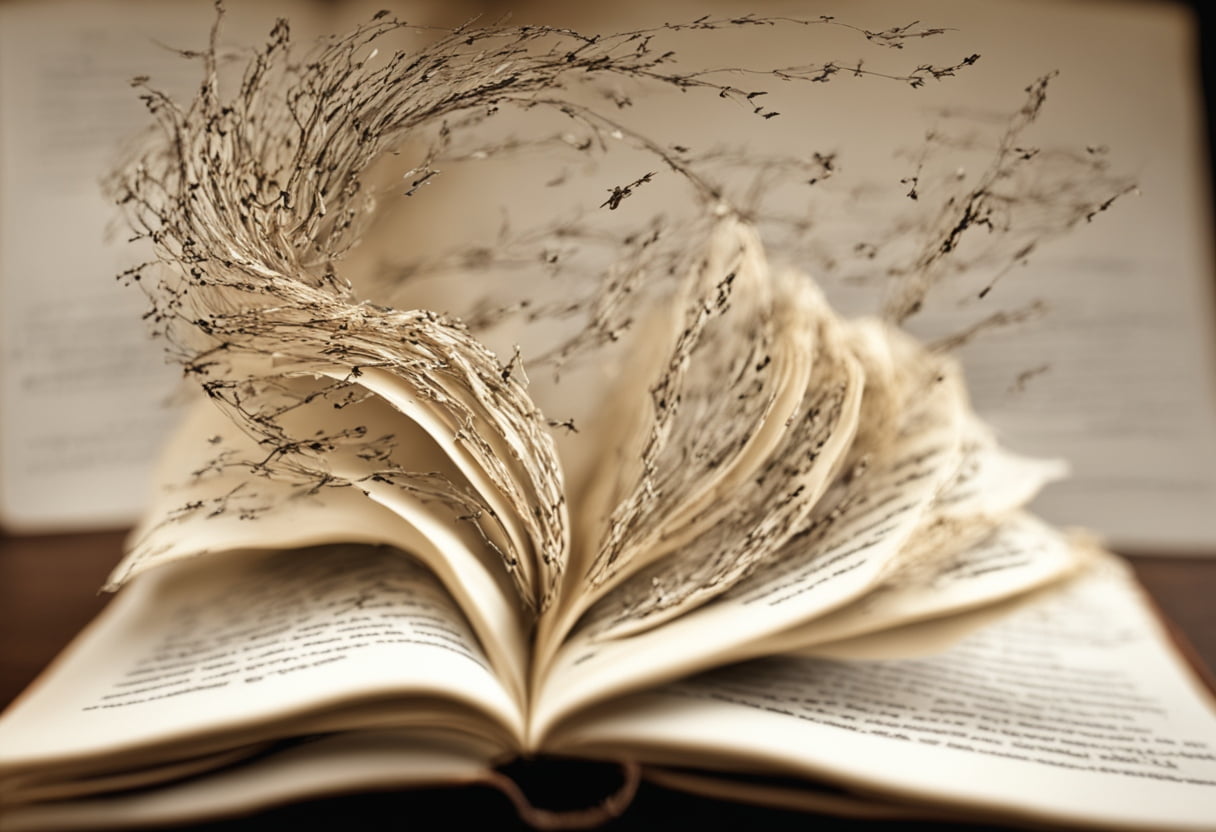Writing is often perceived as a monumental act of creation—a grand endeavor of stringing words into sentences, sentences into paragraphs, and paragraphs into profound meaning. But in reality, writing is more akin to a process of discovery. It isn’t about constructing something entirely new from nothing; it’s more about gathering fragments that seem to appear from the ether, slowly assembling them into something cohesive and whole.
I used to think that writing was about deliberately weaving sentences together to create a larger context—a clear, well-thought-out piece with a definitive beginning, middle, and end. But this very notion of needing to have a “larger context” would often paralyze me at the outset. How could I place the first word on the page when I wasn’t even sure where it belonged? How could I form a coherent sentence when I hadn’t yet grasped the essence of what I wanted to say?
At best, I could jot down fragments that reflected my current state of being—snatches of thought, feelings caught in mid-breath. I would let these pieces flow out, raw and unfiltered, and hope that somehow, they might find a way to coalesce into something more meaningful over time. But even then, a lingering doubt would persist: How can I ensure that these scattered words and incomplete sentences will ever resonate with meaning?
The answer is, quite simply, that I can’t. And I’ve learned to embrace this uncertainty as an intrinsic part of the writing process. Writing doesn’t conform to rigid plans or predictable formulas. It resists the imposition of forced meaning.
Instead, I’ve come to trust the natural flow of what arises—the emotions, the images, the fleeting impressions that come from somewhere deep within. I let them spill onto the page without worrying about where they are headed. Slowly, with patience and trust, patterns begin to emerge. A subconscious rhythm takes over, guiding the words to where they need to go, often in ways I couldn’t have planned.
Writing, then, becomes less of a deliberate act and more of a spontaneous unfolding. It’s like setting out on a long, leisurely walk-through unknown terrain. My feet move without conscious thought, and I become an observer, taking in the surroundings, sometimes feeling an inexplicable pull in one direction over another. I don’t always know where I’m headed, but I trust that my feet will lead me there. When I’m tired, they somehow know how to find the way back home.
In the same way, writing transforms into a fluid, effortless expression. My hands move almost of their own accord, and I am the one who watches the words emerge, one by one, on the page. In those moments, I realize that the act of writing is not just about creating but about allowing—allowing words to surface, trusting that they will find their place, and recognizing that their meaning comes not from force, but from flow.
And so, I write not to construct a perfect piece, but to witness what unfolds. I write to discover where my words will take me, and perhaps, to discover a part of myself along the way.



